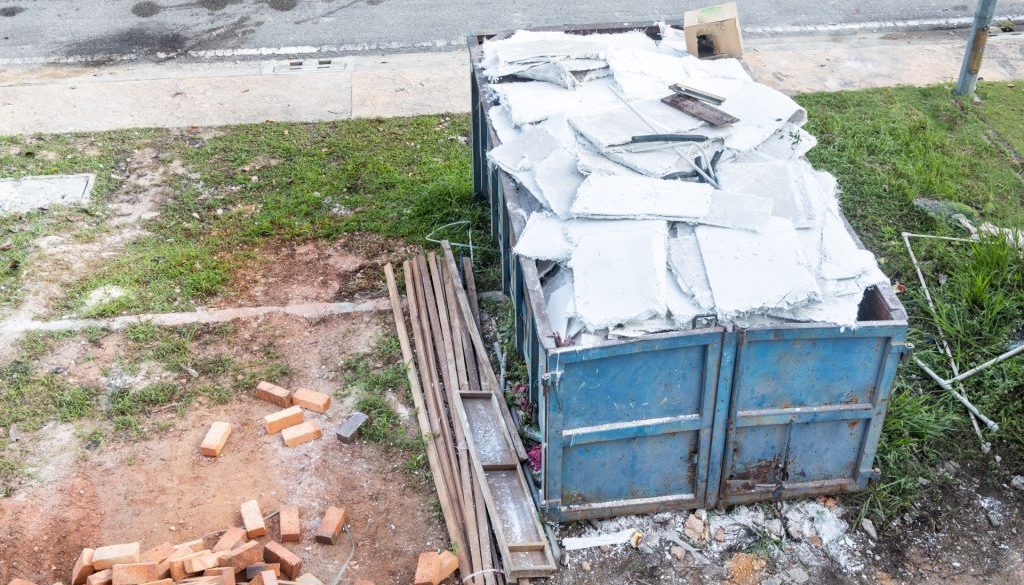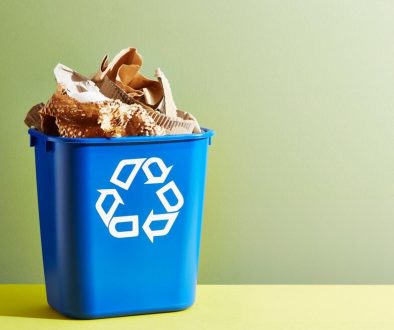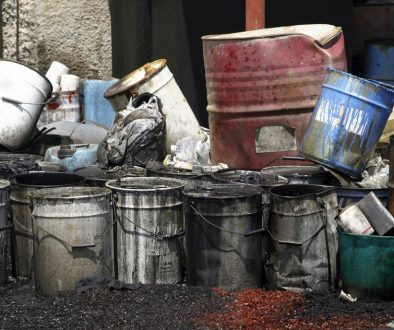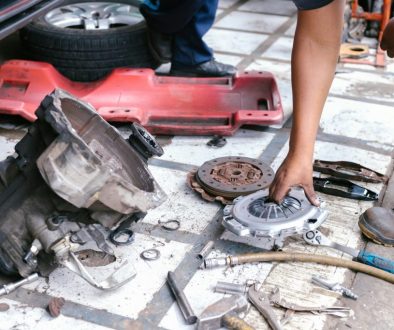Navigating the challenges of construction site waste management can be a daunting task, but it’s a crucial aspect of any successful project. Excess rubbish not only creates an unsightly and hazardous work environment, but it also has significant environmental implications. However, with the right strategies in place, construction professionals can revolutionise their approach to waste reduction, paving the way for a more sustainable and efficient future.
Whether you’re managing a small-scale renovation or overseeing a large-scale development, these strategies can be tailored to meet the unique needs of your construction project. By adopting a proactive and innovative mindset, you can reduce your environmental impact and enhance the overall efficiency and profitability of your operations.
Practical Solutions for a Cleaner, More Efficient Site
1. Implementing a Waste Management Plan
Creating a comprehensive waste management plan is essential for reducing rubbish on construction sites. This plan should outline all the types of waste that the project is expected to generate, including common materials like wood, concrete, and metal, as well as any hazardous waste. By identifying these categories early, we can set up specific procedures for handling each type of waste effectively.
A solid waste management plan also includes a detailed strategy for waste collection, sorting, and disposal. This means designating specific areas on the site for different types of waste, using skips to keep rubbish contained and organised.
Regularly reviewing and updating the waste management plan ensures that it remains effective as the project progresses. By following a structured approach to waste management, we can keep our construction site cleaner, safer, and more efficient.
2. Utilising Recyclable and Reusable Materials
One of the most effective ways to reduce rubbish on construction sites is by using materials that can be recycled or reused. This starts with choosing sustainable materials during the planning phase of the project. For example, using recycled aggregates for foundations can significantly cut down on waste. Additionally, wood offcuts can be repurposed for other parts of the build or turned into mulch for landscaping.
It’s also important to have a system in place for collecting and separating recyclable materials. Setting up dedicated skips for different types of recyclable waste can make this process more efficient. For instance, separate skips for metal, wood, and plastic allow for easier sorting and disposal. Ensuring that materials are correctly sorted helps recycle them and reduces the overall amount of waste sent to landfills. By prioritising the use of recyclable and reusable materials, we can significantly lessen the environmental impact of our construction projects.
3. Training Workers on Waste Reduction Practices
Training workers on waste reduction practices is crucial for effective rubbish management on construction sites. Workers should understand the importance of correctly sorting waste and adhering to the site’s waste management plan.
Regular training sessions can help reinforce these practices and ensure that everyone is on the same page. During these sessions, we can cover topics such as identifying recyclable materials, properly using skips, and safely handling hazardous waste.
In addition to initial training, it’s important to provide ongoing education and updates. This can be done through regular toolbox talks, posters, and reminders placed around the site. By creating a culture of awareness and responsibility, we can encourage workers to reduce waste actively. Empowering the team with knowledge and practical skills will lead to more effective waste management and a cleaner, safer work environment.
4. Partnering with Professional Waste Disposal Services
Partnering with professional waste disposal services can greatly enhance our ability to manage rubbish on construction sites. These services provide the expertise and resources needed to handle waste efficiently and in compliance with local regulations. They can offer a range of solutions, from supplying skips in various sizes to providing recycling facilities for different types of materials.
One of the key benefits of working with professional waste disposal services is their ability to manage hazardous waste safely. Proper disposal of hazardous materials, such as asbestos or chemical waste, requires specialised handling and expertise.
By partnering with professionals, we can ensure that hazardous waste is disposed of correctly, minimising the risk to workers and the environment. Additionally, these services can provide regular collections, reducing the need for us to store large amounts of rubbish on site.
Constructing a Greener Footprint: Mastering Waste Reduction on Construction Sites
Effectively reducing rubbish on construction sites is essential for maintaining a clean and safe working environment. These strategies help keep the site tidy and promote sustainability and compliance with waste management regulations.
Reducing construction site rubbish is a team effort that requires careful planning, education, and the right resources. By adopting these effective practices, we can ensure that our projects run smoothly and contribute positively to the environment. For expert help in managing your construction site waste, contact Enviro Skip Hire.
Our professional services can provide tailored waste disposal solutions in the UK to meet your project’s needs. Let’s work together to create a more sustainable future!




